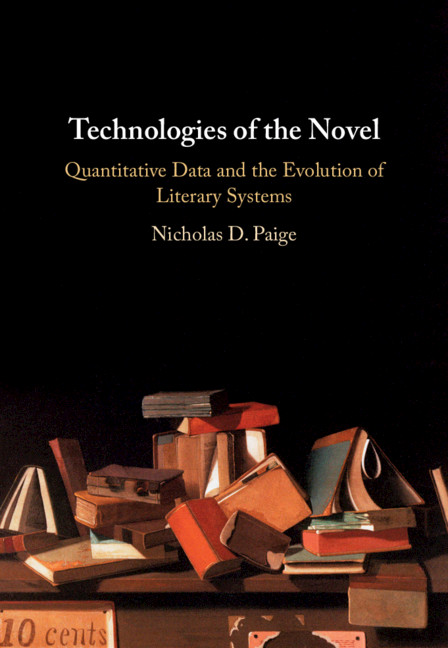
Why does art even have a history, asked Ernst Gombrich in his classic book Art and Illusion? We might suppose, for instance, that everyone’s pictures would be different, a stylistic jumble resulting from varying competencies, individual desires, local preoccupations. Or to the contrary, we might assume that they would be basically the same, the way children’s drawings, even from quite different cultures, tend to resemble one another. But instead, Gombrich’s starting point was that it’s pretty easy to date artworks. Art changes, but not randomly. One could even say that it evolves — not in the sense of getting better or advancing toward a final goal, but in the more fundamental sense of having its change constrained. What people do today is determined — but only partially — by what other people did yesterday. They are free to innovate — but only so much.
The most influential histories of the novel don’t think of its change in this way. They prefer to talk of “births” or “growths” (analogizing with respect to animals and their life-spans) or else, in Ian Watt’s famous formulation from around the time of Gombrich, of “rises” (echoing the proverbial rise of the bourgeoisie). The idea is that the novel is going somewhere: it is arriving at a state of stability, from a state of nothingness. The novel’s history, it would seem, is actually a story, with a beginning, a middle, and a (happy) end. The job of the literary historian is to tell that story using a certain number of individual novels. Each tells us where the Novel (in this perspective it deserves the dignity of a capital N) is at a given point on its journey toward its present perfection.
Technologies of the Novel, by contrast, is a history of the novel written with a more Gombrich-like idea of change: the novel (no capital now needed) does not grow into its present state of maturity, as if it were an actual entity, but instead is better understood as a system of artifacts in ceaseless evolution. Systems can’t be grasped through reference to a select few masterworks; they are only visible when you examine — systematically, as it were — large numbers of component artifacts. (My study is built on a corpus of some 2000 French and English novels dating from 1600 to 1830.) This is where the technologies of my title come in: the model of evolution we need to understand the novel comes less from the life sciences than from studies of technological evolution. (I lean especially on the work of W. Brian Arthur.)
Among the lessons emerging for such an approach — along with the first-ever empirical description of this literary archive — are the following. First, systemic change is a ceaseless process: the novel system is never stable; literature’s evolution does not map on to the reassuring periodization scholars like to use to understand literary history. Second, the system’s churn is patterned, not random; literary artifacts are invented, spread and stabilize, and then fall into disuse with regularity and on a fairly consistent timetable (one much longer, incidentally, than a “generation”). Finally, because these evolutions — at the level of the artifact, and also at the level of the system — are constantly occurring, no one change can have anything particularly momentous to say about the commonly invoked drivers of the novel’s history and forms — ideology, economics, or even the modern age. In this, my ultimate conclusion is that our artifacts, rather than being symptoms of a given historical context and its supposed cultural logic, are simply things humans create through processes of imitation and innovation that could, in fact, have led to different outcomes. Such a sober perspective, I readily admit, doesn’t deliver the type of world-historical significance promised by most histories of the novel. But in literary history as much as elsewhere, this is no time for magical thinking.

Latest Comments
Have your say!